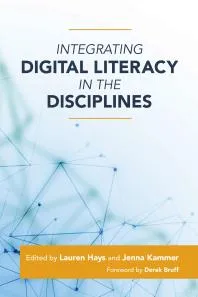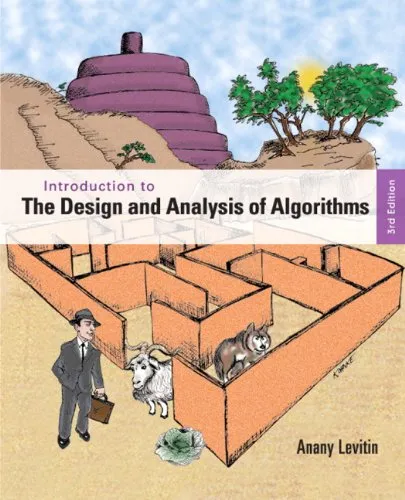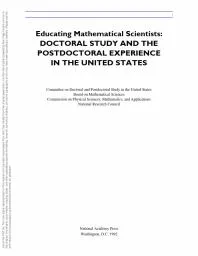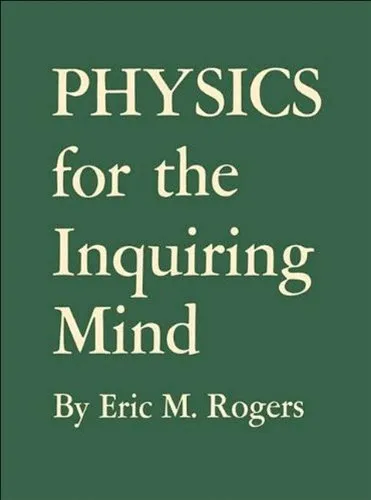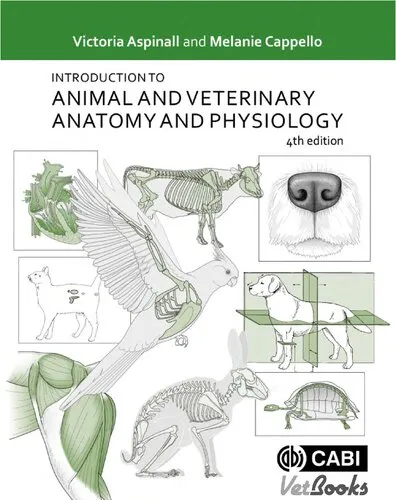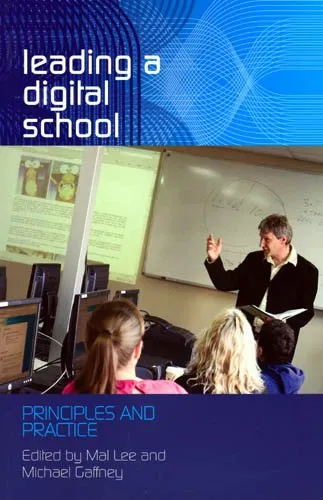Integrating Digital Literacy in the Disciplines
4.7
Reviews from our users

You Can Ask your questions from this book's AI after Login
Each download or ask from book AI costs 2 points. To earn more free points, please visit the Points Guide Page and complete some valuable actions.Related Refrences:
Introduction to "Integrating Digital Literacy in the Disciplines"
"Integrating Digital Literacy in the Disciplines" is a comprehensive guide to understanding and applying the principles of digital literacy within various disciplinary contexts. Written by Lauren Hays and Jenna Kammer, this book provides educators, students, and professionals with actionable strategies for fostering digital literacy. With the rapid advancement of technology and its integration across all facets of education and work environments, this book addresses the critical need to equip individuals with the skills and knowledge to navigate and create in the digital age.
Digital literacy is no longer just an optional skill; it is a foundational element of modern learning and professional success. This book examines the role that digital literacy plays in different disciplines, from the sciences and humanities to business and fine arts. It emphasizes the importance of embedding digital literacy into curriculum design, teaching strategies, and learning activities. By exploring real-world examples and offering practical insights, the authors aim to inspire educators to integrate digital tools and methodologies effectively into their practice. Additionally, this book serves as a cornerstone for rethinking what literacy means in the 21st-century classroom and workplace.
Detailed Summary of the Book
The book is structured to provide a rich exploration of digital literacy from multiple perspectives, ensuring its relevance to diverse disciplines and educational practices.
The journey begins with an in-depth explanation of what digital literacy entails. Hays and Kammer define it as the ability to critically use digital technologies to find, evaluate, create, and communicate information. From this foundation, the book delves into the specificities of how digital literacy applies to different disciplines. For example, how a science educator might incorporate data visualization and coding tools into their curriculum differs significantly from how a humanities instructor might use digital archives or social media platforms.
The narrative progresses to guide readers through the six essential elements of digital literacy: functional skills, critical thinking, creativity, ethics, collaboration, and cultural understanding. Each of these elements is contextualized within diverse disciplinary settings, helping educators and professionals address the digital needs of their specific fields. The book also highlights emerging trends, such as artificial intelligence, data privacy, and digital citizenship, and their implications for teaching and learning.
Furthermore, the book provides a plethora of case studies and teaching strategies. These examples showcase how educators around the world have successfully integrated digital literacy into their disciplines, creating engaging and transformative learning experiences for their students. Hays and Kammer also present step-by-step frameworks that empower readers to take actionable steps in their teaching or organizational settings.
Key Takeaways
- Digital literacy is essential for 21st-century learners and professionals, regardless of discipline or career path.
- The integration of digital tools must align with the unique needs of each discipline to be effective and meaningful.
- Successful digital literacy education involves a blend of foundational skills, ethical awareness, and critical thinking.
- The book provides educators with practical tools to design curriculum strategies that bridge traditional learning with digital innovation.
- Cultural awareness and ethical considerations are crucial parts of digital literacy in an interconnected world.
Famous Quotes from the Book
"Digital literacy is not simply about teaching students how to use technology, but how to think, create, and connect in a world increasingly mediated by digital tools."
"Each discipline offers its own lens to view the world, and within that lens are unique digital tools and approaches that can enrich learning and professional practice."
"As educators, our responsibility extends beyond teaching functional skills; we must instill the ethical and collaborative mindsets necessary for navigating the digital world."
Why This Book Matters
The digital transformation of education, industries, and everyday life accentuates the vital need for digital literacy. "Integrating Digital Literacy in the Disciplines" serves as a practical and theoretical resource for those seeking to better understand and teach digital competence in meaningful ways. This book matters because it addresses the gap between technology's potential and its application in learning environments. By grounding digital literacy within the context of individual disciplines, Hays and Kammer create a roadmap for educators and leaders to empower the next generation of learners and workers.
Moreover, the book emphasizes the human side of digital tools—how they can foster creativity, collaboration, and critical reflection when used thoughtfully. It is an invaluable text for educators, curriculum designers, administrators, and even students aiming for a deeper awareness of how digital tools can enhance knowledge production and sharing. This book provides not only philosophical insights but also hands-on strategies for adapting to a digitally-connected future.
Free Direct Download
You Can Download this book after Login
Accessing books through legal platforms and public libraries not only supports the rights of authors and publishers but also contributes to the sustainability of reading culture. Before downloading, please take a moment to consider these options.
Find this book on other platforms:
WorldCat helps you find books in libraries worldwide.
See ratings, reviews, and discussions on Goodreads.
Find and buy rare or used books on AbeBooks.
1304
بازدید4.7
امتیاز0
نظر98%
رضایتReviews:
4.7
Based on 0 users review
Questions & Answers
Ask questions about this book or help others by answering
No questions yet. Be the first to ask!
